When to Seek a Second Opinion About Medication Side Effects
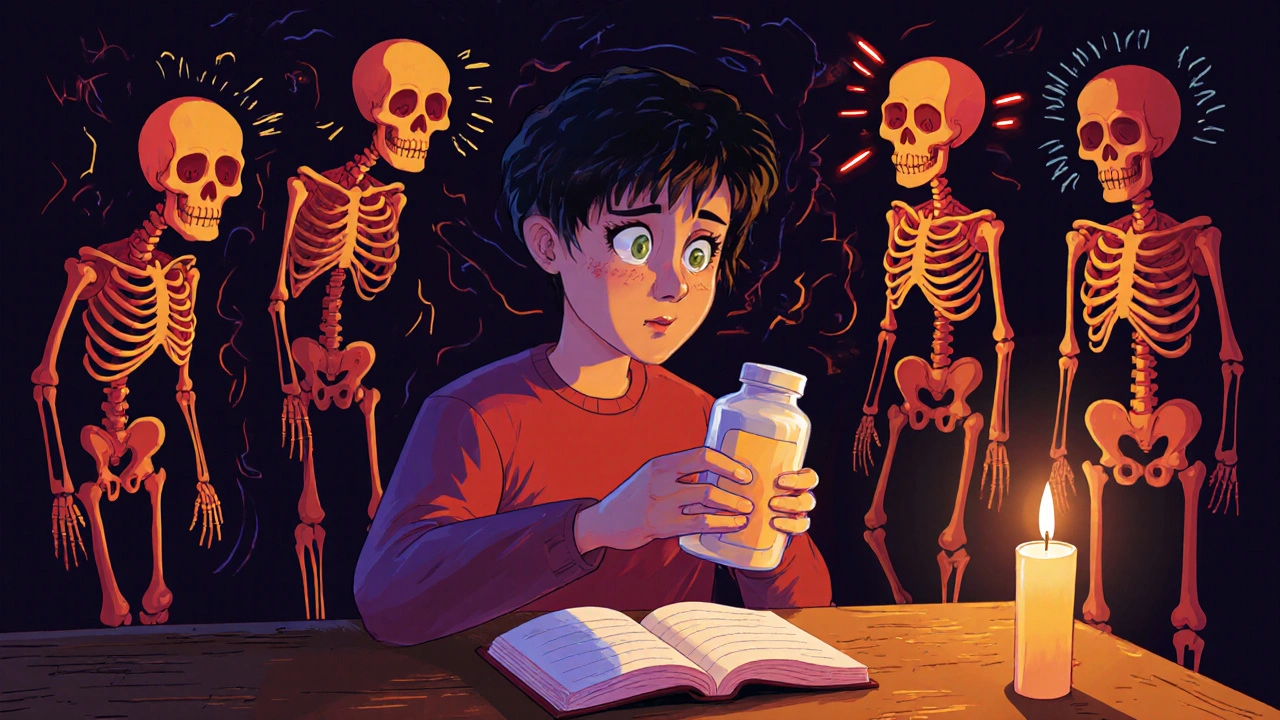
Feeling off after starting a new medication? You’re not alone. Millions of people experience side effects they didn’t expect - nausea, dizziness, fatigue, mood swings - and wonder if it’s just part of the process or something more serious. The truth is, medication side effects aren’t always harmless. Sometimes, they’re warning signs that your treatment plan needs a second look.
When Side Effects Are a Red Flag
Not every uncomfortable feeling means you need to switch drugs. But some symptoms are clear signals that something’s wrong. If you’ve had persistent nausea for more than three days and can’t keep food down, that’s not normal. Unexplained weight loss or gain - more than 5% of your body weight in two weeks - is another red flag. Same with new tremors, confusion, or memory lapses that showed up after you started a new pill. These aren’t just annoyances. They can lead to bigger problems. A 2023 study by Solace Health found that 42% of people who got a second opinion discovered real errors in their medication plan. In nearly 30% of those cases, the changes were urgent - wrong doses, dangerous interactions, or drugs that simply weren’t right for their body.Which Medications Most Often Need a Second Look?
Some drugs are more likely to cause trouble than others. Antidepressants top the list, accounting for 21% of second opinion requests. If you’ve been on an SSRI for six weeks and still feel numb, anxious, or worse, it’s time to ask: Is this working? Or is it making things harder? Anticoagulants like warfarin or rivaroxaban come in second at 18%. These drugs can be deadly if the dose is off. Even small changes in diet, other meds, or your liver function can throw off your levels. If you’ve had unexplained bruising, bleeding gums, or dark stools, don’t wait. Diabetes medications like metformin make up 15% of cases. Many assume stomach upset is normal - but if you’ve had ongoing bloating, diarrhea, or vomiting, it might not be the drug. One study found that 127 patients thought they were reacting to metformin, only to find out they had undiagnosed gastroparesis. Switching treatment completely changed their outcome.Timing Matters - When to Act
Waiting too long can make things worse. For antidepressants, the window to judge effectiveness is usually 4 to 6 weeks. For cholesterol meds, give it 2 to 3 months. Osteoporosis drugs? At least 3 to 6 months. If you’ve hit that mark and see no improvement - or your side effects are getting worse - it’s time to get another opinion. Even faster action is needed if symptoms show up within 72 hours of starting a new drug. Research shows there’s a 78% chance the symptom is directly tied to the medication. That’s not coincidence. It’s biology. Don’t wait until you’re in the ER. The FDA’s Naranjo Scale helps doctors decide if a side effect is likely caused by a drug. A score above 5 means it’s “probable.” If your doctor hasn’t used this tool, ask them to.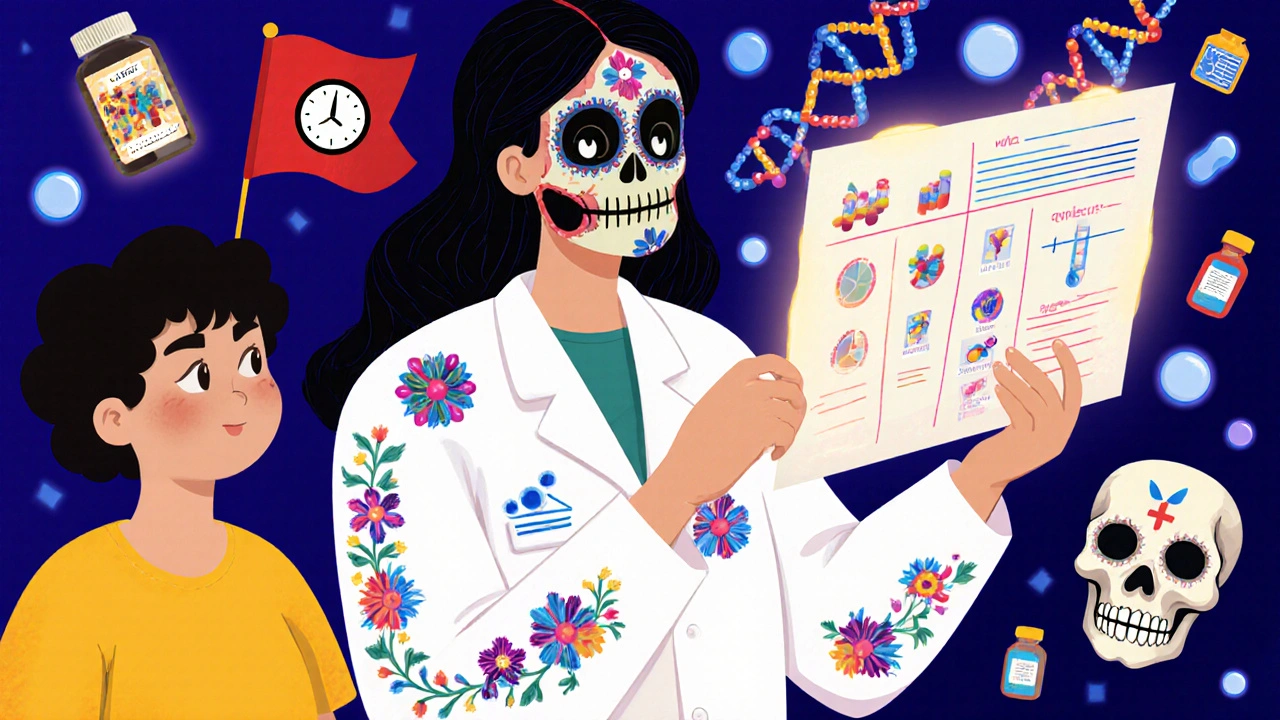
What to Bring to Your Second Opinion
Going to a new doctor with just a list of meds isn’t enough. You need evidence. The most successful patients come prepared with:- A full medication log: names, dosages, times taken, brand or generic
- A symptom diary: date, time, severity (1 to 10 scale), duration, what made it better or worse
- Recent lab results: blood work, liver or kidney tests from the last 30 days
- A list of supplements, vitamins, or OTC meds - 31% of side effects come from hidden interactions
What to Expect from the Process
Getting a second opinion doesn’t mean your first doctor was wrong. It’s about getting a fresh set of eyes. Most appointments take 2 to 3 weeks to schedule. Psychiatric consults average 18.7 days; primary care visits are faster at 11.3 days. You might be referred to a clinical pharmacist - these specialists are now in 76% of major hospitals. They don’t just check for interactions. They look at your whole picture: age, weight, genetics, other conditions. Many now use tools like MedCheck AI, an FDA-approved platform that analyzes your meds and symptoms before you even meet the doctor. It’s 89% accurate at spotting potential problems.Success Stories - Real Changes, Real Results
People who act on their concerns often get better results. On Reddit’s r/AskDocs, 73% of users who sought help for statin-related muscle pain got a new treatment plan. Over half switched to ezetimibe and saw their pain drop significantly. On Drugs.com, patients who got a second opinion within 30 days of side effects starting resolved their issues in 47 days - down from 112 days when they waited. That’s more than two months saved. One woman in Minnesota had been on an SSRI for months with constant dizziness and brain fog. Her second doctor ordered a thyroid test - her levels were low. The side effects weren’t from the antidepressant. They were from an untreated condition. Switching meds and adding thyroid treatment lifted the fog completely.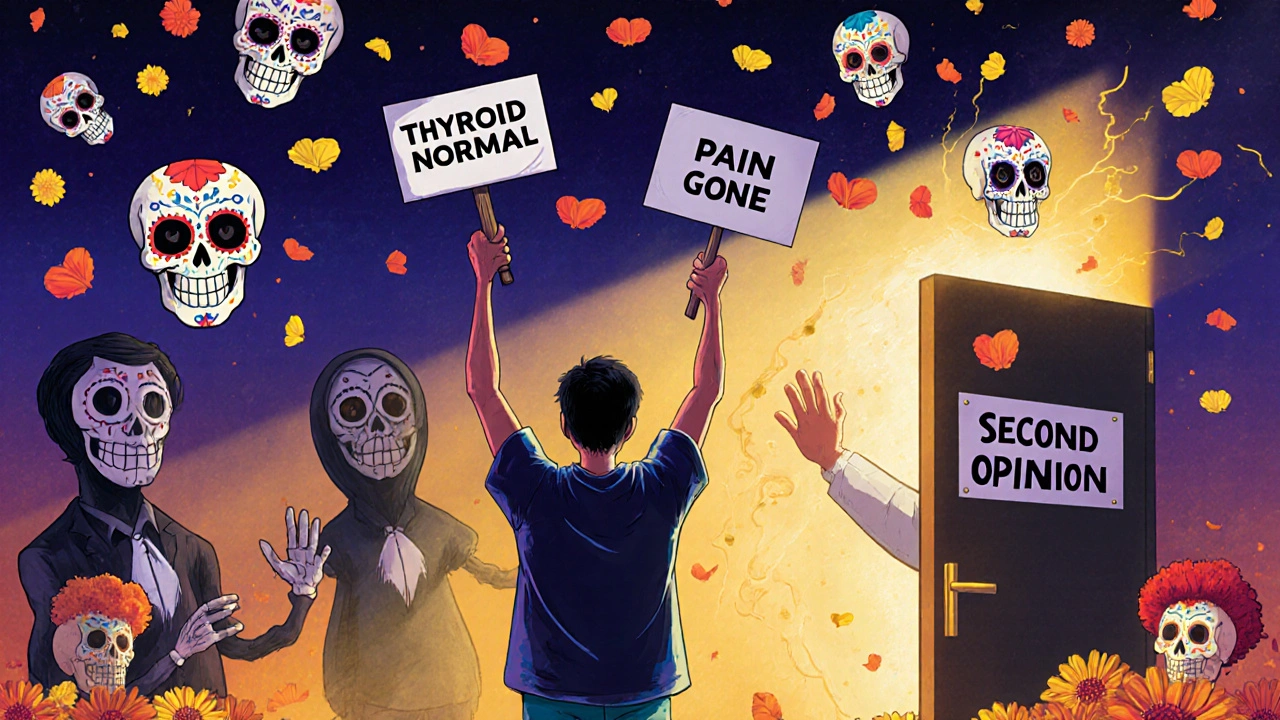
Why You’re More Likely to Be Heard the Second Time
Many patients say they felt dismissed the first time. A 2023 survey by HealthPartners found that 89% of people who got a second opinion felt their concerns were taken more seriously. Why? Because the second doctor isn’t tied to the original plan. They’re not trying to defend a decision. They’re looking for the best outcome. Also, second opinion providers often use the “teach-back” method. Instead of just telling you what to do, they ask you to explain it back in your own words. If you can’t, they keep explaining. This reduces confusion and builds trust.What’s Changing in 2025
The system is catching up to patient needs. Medicare now covers second opinions for 28 types of medications under its 2024 fee schedule. The American Medical Association now says doctors should actively encourage second opinions when side effects cut a patient’s quality of life below 60% of normal. The National Academy of Medicine recommends scheduled second opinion checkpoints at 30, 90, and 180 days for high-risk drugs. Mayo Clinic’s pilot program using this model cut serious adverse events by 37%. And the future? Pharmacogenomic testing. New guidelines now cover 42 gene-drug pairs. If you have a genetic variation that affects how you process certain drugs, that info can prevent side effects before they start. The NIH’s All of Us program is already showing a 45% drop in reactions for patients tested this way.Bottom Line: Don’t Suffer in Silence
You don’t need to be an expert to know when something’s off. If a side effect is stopping you from sleeping, working, or enjoying life - speak up. You’re not being difficult. You’re being smart. Medication side effects aren’t always unavoidable. Sometimes, they’re signs that the treatment isn’t right - not for your body, your lifestyle, or your health goals. A second opinion isn’t a rejection of your doctor. It’s a step toward better care. Start by writing down your symptoms. Gather your meds. Make the call. Your health deserves nothing less.Post Comment

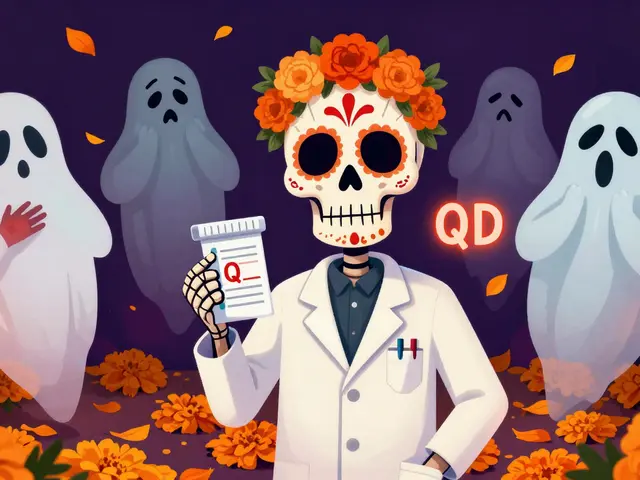
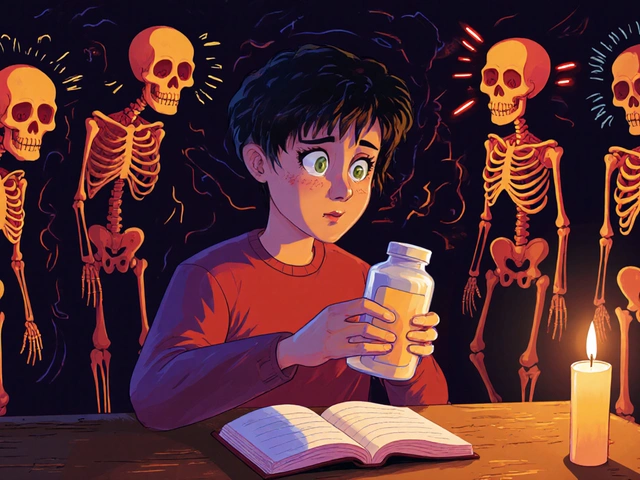


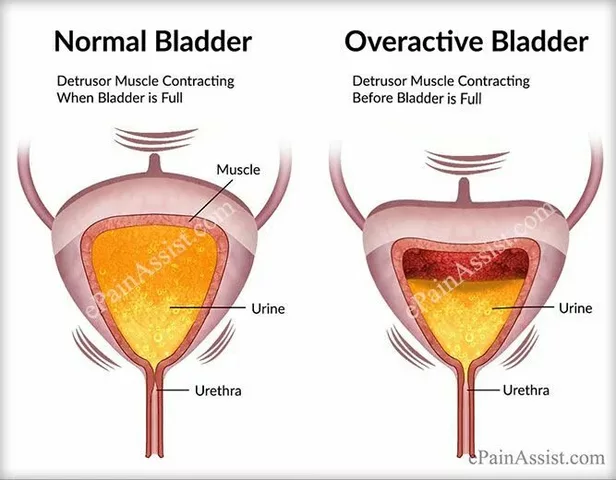

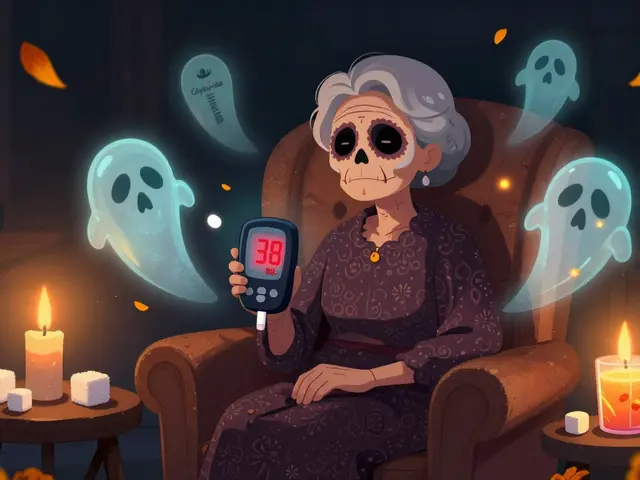
I started taking that new antidepressant last month and thought I was just being dramatic. Turns out I was barely eating, sleeping 14 hours a day, and crying during commercials. My doctor said it was "adjustment period." I went to a second doc, they ran a thyroid panel, and boom - hypothyroidism. The med was making it worse. Don’t wait for it to get bad. Write it down. Track it. Speak up.
It is, of course, a logical corollary of the biomedical hegemony that patients are expected to self-diagnose via symptom logging and then petition for epistemic validation from a second clinician - as if the pharmaceutical-industrial complex hasn’t already commodified our distress into algorithmically optimized dosing regimens. The Naranjo Scale, while statistically robust, remains a palliative epistemology. One wonders whether pharmacogenomic testing will merely render the patient’s agency as a data point in a predictive model - not liberation, but reification.
Canada needs to stop letting Americans dictate our healthcare. Why are we following some FDA-approved AI thing? We’ve got our own damn system. And why is everyone suddenly a "medication expert" on Reddit? I’ve been on warfarin for 12 years and I don’t need some "MedCheck AI" telling me my INR is off. My pharmacist knows me. My doctor knows me. Stop outsourcing your brain to an app.
Also, "42 gene-drug pairs"? That’s not science, that’s marketing. Next they’ll be scanning our DNA for coffee tolerance.
People are so quick to blame the drug when it’s usually them. I’ve been on metformin for 5 years. Yeah, I get the stomach stuff - but I also eat a burrito every night at 11pm. You want to know what’s really causing your bloating? Your lifestyle. Not the med. Stop looking for someone else to fix your choices.
And don’t even get me started on the "symptom diary" cult. You think your 1-10 scale means anything? I’ve seen people rate "slight dizziness" as a 9 because they missed their TikTok streak.
This post gave me hope. I was so scared to speak up after my doctor brushed off my fatigue. I finally went for a second opinion - turned out my blood pressure med was interacting with my magnesium supplement. We swapped it out and I’ve slept through the night for the first time in years. You’re not overreacting. You’re listening to your body. Keep going.
Let me tell you something - I’ve been on 17 different meds in the last 7 years. Every single time I complained, they said "it’s normal." Last time I went to a second doc, they asked me if I’d ever been tested for Lyme. I hadn’t. Turns out I had it for 4 years. All those "side effects"? Yeah. That was the real problem. Don’t trust your first doc. Trust your gut. And Google. Mostly Google.
My mom just got her second opinion last week. She was on an SSRI that made her feel like a zombie. The new doctor switched her to therapy + low-dose bupropion. She’s baking again. She’s laughing. She’s alive. I wish I’d pushed harder sooner. This isn’t about being difficult. It’s about being human.
hey just wanted to say thanks for this post - i’ve been hesitating to ask for a second opinion bc i thought i was being a pain. but after reading this i wrote down my symptoms, pulled my med list, and made the appt. turns out my cholesterol med was messing with my liver enzymes. switched meds, now my labs are normal. i’m so glad i did it. you’re not weird for caring about how you feel. seriously. you’re smart.